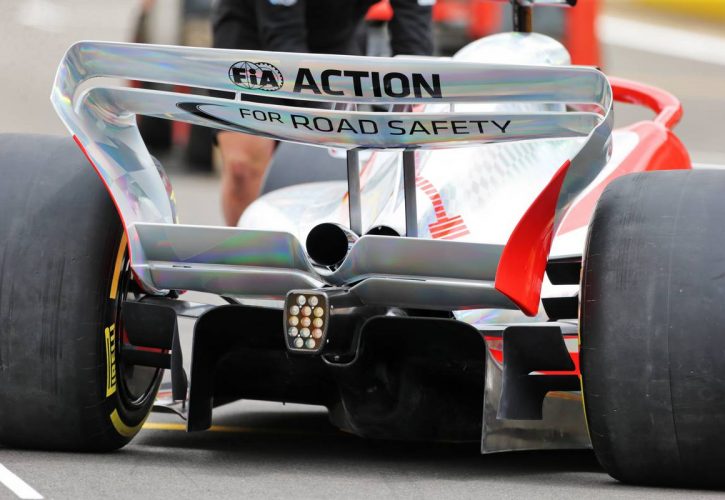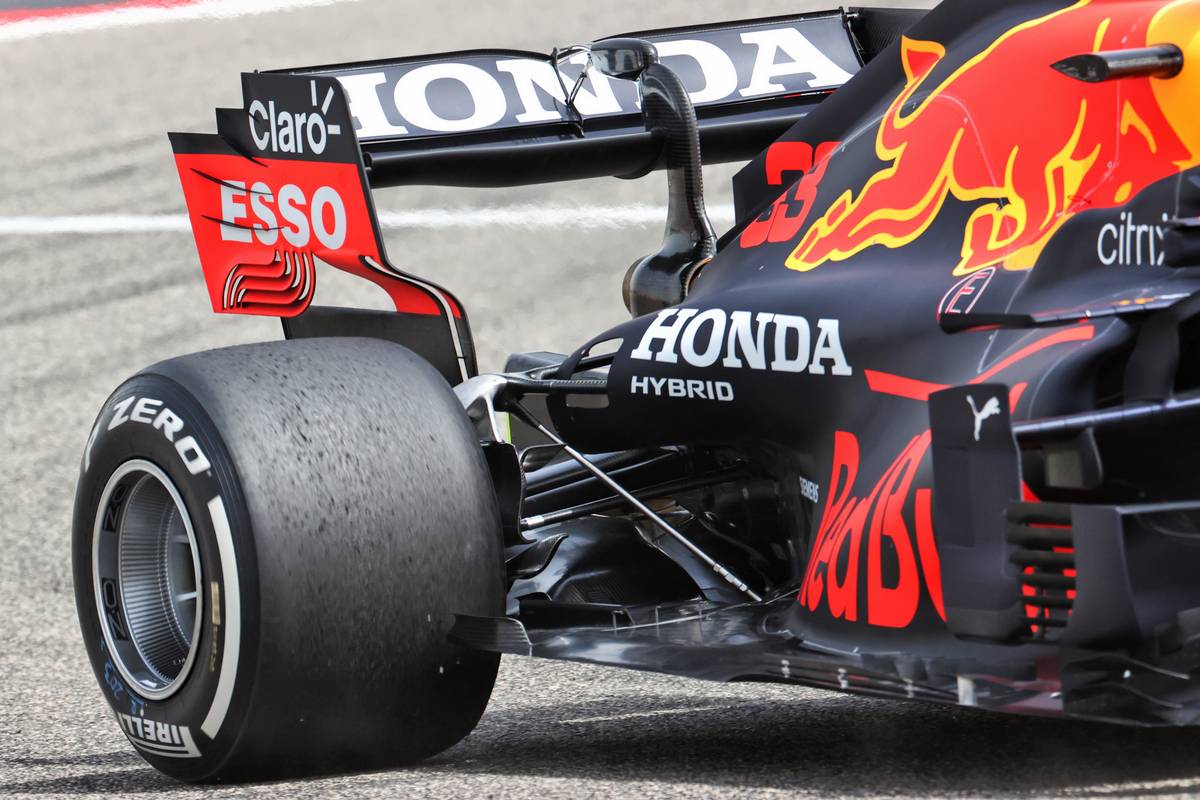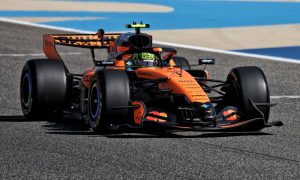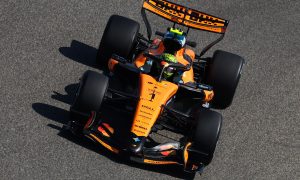
McLaren tech boss James Key believes teams will have a harder time under F1's new regulations exploiting aero-elasticity, although he expects there to be "a few tricks to play".
Following last year's Spanish Grand Prix where it came to light - mainly thanks to Mercedes - that Red Bull was exploiting a flexible rear wing set-up that increased the top speed of its RB16B on the straights, the FIA increased its scrutiny of the concept.
In France, the governing body introduced more stringent constraints to verify a wing's ability to flex by doubling the load applied to both the pullback and vertical load tests.
However, later in the season it was Red Bull's turn to point finger at its arch-rival, with the Milton Keynes-based outfit claiming in Brazil to have identified "score marks" on Mercedes' W12 – a tell-tale sign of flexing according to Red Bull's engineers.
In Qatar, the FIA increased once again its inspection of Mercedes' rear wing design but without finding any infringements.

Key believes that F1's all-new technology regulations - with the return of ground effects - have significantly reduced the potential to exploit aero-elasticity, but they haven't eliminated it entirely.
"I think the sensitivity of the aero-elastics has changed and I think that is well understood from the regulations that have been discussed at length, how to better manage components which can flex," Key said, quoted by Motorsport.com.
"Some of the tests are more stringent - rear wing tests, for example, will be a little bit tougher - and some of the things that happened [in 2021] with these areas have carried through to 2022 and I think there is a lot of attention being paid to that."
But Key hasn't ruled out the odd clever ploy to take advantage of some degree of aero-elasticity.
"The front wing in 2022 is a massive thing but it still has a very stringent set of guidelines on stiffness, so I think there will always be a few tricks to play but I don’t think there is going to be something easy to exploit," added McLaren's head engineer.
"You’ve got a couple of different components on the car which can have a certain level of stiffness, which you could exploit legally, so there are various new tools to play with in 2022.
"It will probably become some form of issue I am sure, but it is not something the teams or the FIA are ignoring. It is a fairly clear area where we are very careful to regulate correctly for next year."
Gallery: The beautiful wives and girlfriends of F1 drivers
Keep up to date with all the F1 news via Facebook and Twitter






